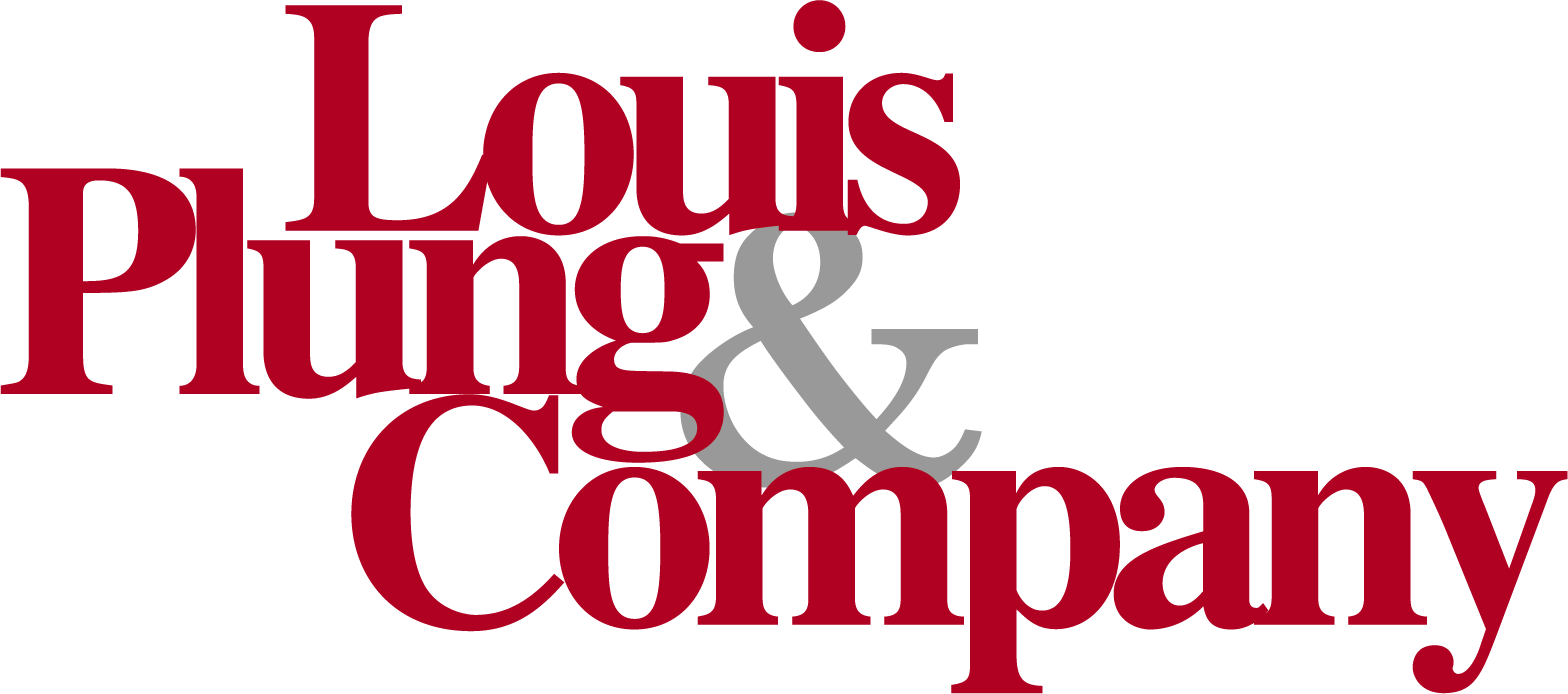SBA Promises a “Full Audit” on PPP Loans Greater Than $2 Million

Following backlash over disclosure of several large businesses obtaining loans under the Paycheck Protection Program (“PPP”), Treasury Secretary Steven Mnuchin has announced the government will audit any company receiving a loan for more than $2 million. Ruth’s Hospitality Group, AutoNation, and the Los Angeles Lakers have all come under scrutiny in recent days for obtaining PPP loans. The SBA had responded by posting new guidance on April 24, 2020 that included “clarification” regarding which businesses are eligible to receive PPP loans and provided a “limited safe harbor” allowing companies that improperly obtained a loan to return the funds without penalty.
Clarification Regarding Eligible Businesses
The updated guidance specifically eliminates hedge funds and private equity firms from being eligible to receive PPP loans. The guidance explains that firms primarily engaged in “investment or speculation” were not intended by Congress to be eligible for PPP financing. Portfolio companies owned by a private equity fund are still eligible for PPP loans, assuming compliance with the SBA affiliation rules.
The new guidance also cautions all borrowers to carefully review the required certification stating that “current economic uncertainty makes this loan request necessary to support the ongoing operations of the Applicant”. Neither the CARES Act nor the SBA rules governing the program have provided any financial or operational guidelines for borrowers to quantify “economic uncertainty” or “necessary to support ongoing operations”. Furthermore, the CARES Act specifically removed the SBA requirement for a borrower to be unable to obtain credit elsewhere to qualify for a PPP loan. This is known as the “Credit Elsewhere Test” and requires lenders to substantiate the factors preventing the applicant and any owner with a 20% ownership interest or more from obtaining loan funds from alternative sources.
Limited Safe Harbor to Return Loan Funds
Borrowers who determine that they received loans in excess of qualified needs have until May 7, 2020 to return the proceeds. Any borrower who repays the loan by that date will be deemed to have made the required certification in good faith. Penalties for applicants found to have provided false or misleading information include criminal and civil liability. The PPP application identifies several applicable criminal statutes including False Statements to Federal Officials, Misrepresentation of Size Status, and False Statements to a Lending Institution. Enforcement for civil liability will also occur through the False Claims Act.
Next Steps for Borrowers
Due to the misuse of funds by some high-profile companies, borrowers (particularly those with loans greater than $2 million) should be prepared to vigorously defend their need and use of PPP loans. Revised budgets and cash-flow projections should be prepared to document management’s estimate of the economic impact of COVID-19 on the business. Borrowers must also be prepared to support any information included in their PPP loan applications and, if necessary, return some or all of the funds obtained.
For additional questions or concerns, please contact your Louis Plung & Company representative at (412) 281-8771.




